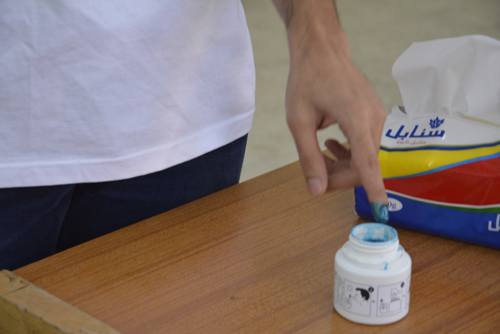AMMAN — The national coalition to monitor the parliamentary elections on Tuesday notified the Independent Election Commission of violations observed at polling stations across the Kingdom.
The coalition, headed by the National Centre for Human Rights (NCHR), said that some of its observers had been unable to use their mobile phones for monitoring purposes in the districts of Maan, Jerash, Irbid, Karak, Ajloun and Southern Badia, as well as Amman’s 5th District, the Jordan News Agency, Petra, reported.
Meanwhile, two observers were ejected from voting centres, the group said, without identifying the reason.
In the central and southern badia districts, observers said that some voters publicly announced their choices, while others voted in groups, contravening electoral regulations.
In 37 per cent of the polling stations visited by the coalition’s observers, candidates continued to campaign on Tuesday, despite a ban on lobbying voters on elections day.
Monitors also observed incidents of polling station staff in Amman and Zarqa forcing voters to select certain candidates, while a coalition member who documented the incidents was dismissed, the coalition added.
Security personnel were not present at voting centres where campaigners tried to influence voters in the Northern Badia District, said the coalition, noting that it registered vote buying in Irbid’s 2nd District and Amman’s 1st District, according to Petra.
The coalition’s monitors witnessed a shooting in Karak, in which a woman was injured in her foot. The gunman was not identified.
Some 12 per cent of polling centres have failed to verify the identities of women wearing the face-covering niqab, and the same number accepted voters without civil IDs or passports, allowing people to use health insurance cards and other documents instead.
Some 1 per cent of the committees supervising ballot boxes omitted to check whether voters had ink on their fingers. Indelible ink is used to vote, so polling centres can check that a voter has not already cast a ballot.
The national coalition comprises more than 235 civil society institutions, and its team of election monitors includes 4,000 field observers and 1,483 observers in polling stations.
The NCHR has led the coalition since 2007, and previously monitored the 2007, 2010 and 2013 elections.
